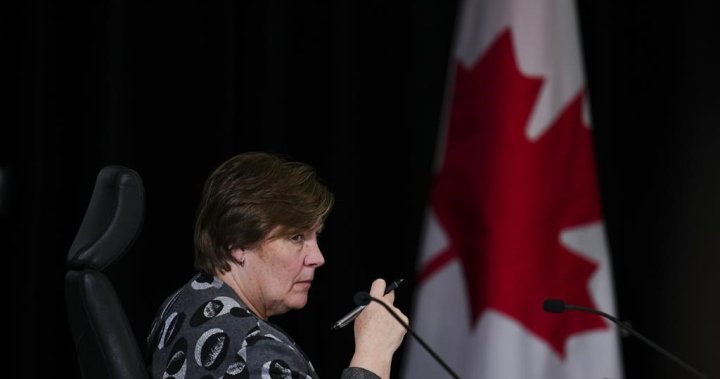The public inquiry into foreign interference in Canadian democratic institutions has revealed troubling events in the last two general elections, particularly by hostile actors such as China. However, a new poll conducted by Ipsos for Global News suggests that many Canadians have doubts about the commission’s ability to fully uncover the extent of foreign meddling. The poll found that four in 10 Canadians trust that the inquiry will get to the bottom of what has been going on, with skepticism stemming from the federal Liberal government’s credibility issues and Prime Minister Justin Trudeau’s declining popularity.
Last year, former governor general David Johnston was appointed by Trudeau to examine allegations of foreign interference in the 2019 and 2021 elections. Johnston initially recommended against holding a public inquiry, which led to criticism from opposition members, including Conservatives Erin O’Toole and Kenny Chiu, who were warned by Canada’s spy agency about foreign interference attempts. Eventually, Trudeau decided to call an inquiry and appointed Quebec Justice Marie-Josée Hogue to lead the commission. Hogue’s interim report, delivered in May, highlighted foreign interference efforts by authoritarian regimes as a stain on Canada’s electoral system.
The Hogue commission’s findings revealed that China had clandestinely and deceptively interfered in the 2019 and 2021 general elections, employing sophisticated and pervasive tactics. While 52 per cent of Canadians believe that foreign governments significantly interfered in recent elections, 37 per cent feel that the allegations reported in the media and by opposition politicians have been exaggerated. The Ipsos polling indicates a belief across party lines that interference has occurred, although Liberal voters are slightly less likely to hold this belief.
In response to the threat of foreign interference, the Liberal government proposed new measures aimed at combating the issue. Bill C-70 was introduced, which would broaden warrant powers and investigative tools for Canada’s intelligence service and create a public foreign influence registry. This registry would require individuals working with foreign powers to register their activities when in communication with public office holders, distributing political or government information, or giving money or items of value. While 43 per cent of Canadians agree that Bill C-70 will eliminate foreign interference, public opinion remains split on the effectiveness of the proposed measures.
Public Safety Minister Dominic LeBlanc expressed hope that the provisions in Bill C-70 will be in place by the next election, scheduled for fall 2025. Hogue is expected to deliver her final report by December 31 of this year, providing further insights into foreign interference in Canadian elections. Despite growing awareness among Canadians about the problem of foreign interference, there remains skepticism about whether the Trudeau Liberals or the current inquiry under their watch will be the solution to effectively combatting the issue.


